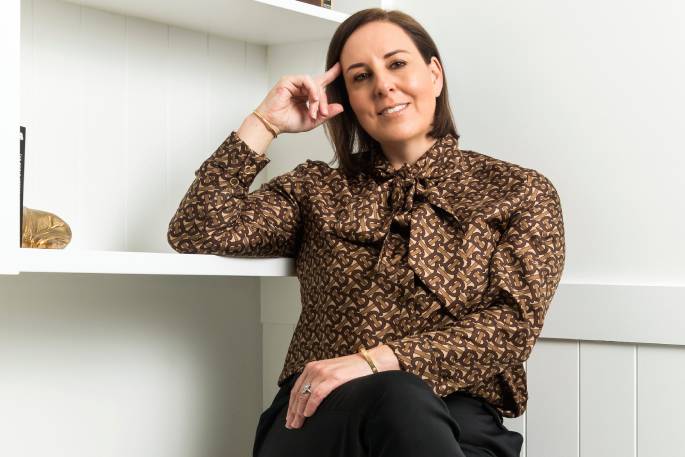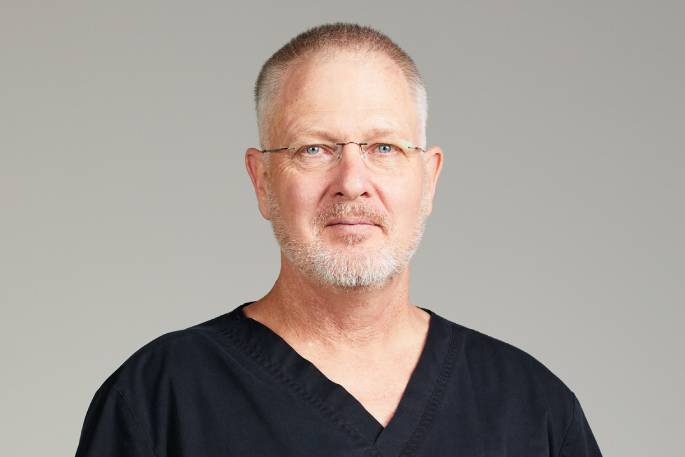A team of 18 Bay of Plenty doctors, nurses and support staff will form part of a new national health care network which has launched to help reduce waiting times for skin cancer treatment.
Tauranga based Skinspots, which operates five skin cancer clinics across Bay of Plenty region, will be the first GP-led practice to join with the country's largest melanoma diagnostic service, MoleMap.
Doctors and nursing staff from Skinspots will provide surgical and non-surgical skin cancer treatment within MoleMap's new satellite surgical clinics in Tauranga and other centres - which will be capable of treating thousands of patients around New Zealand each year.
The move is expected to increase specialised skin cancer surgical capacity within the healthcare sector as well as reducing the time between diagnosis and treatment for newly diagnosed cancer patients.
Skin cancer, including non-melanoma and the more deadly melanoma, is New Zealand's most common cancer with an estimated 90,000 non-melanoma skin lesions diagnosed each year.
New Zealand also has the world's highest rates of melanoma with 4000 new cases and over 350 Kiwis dying from this form of cancer every year.
The national cost of treating skin cancer is set to reach $295 million within three years.
MoleMap, which has over 300,000 patients across New Zealand and Australia and is set to significantly increase in size over the next three years - providing new skin cancer treatment options on both sides of the Tasman.
To provide greater support for the mental health of patients and their whanau, the company will also offer counselling services for those diagnosed with skin cancer.
An advanced training programme will also upskill its international network of melanographers who are qualified registered nurses to provide non-surgical treatment options at the point of diagnosis - for a range of precancerous skin lesions.
Dr Franz Strydom, Skinspots founder and MoleMap chief medical officer New Zealand, says melanoma can be cured in 98 per cent of cases if diagnosed early.
He says when diagnosed at a later stage, melanoma becomes more difficult and expensive to treat with a greater chance of treatment failure .
'Unlike most other forms of cancer, the development of melanoma can often be identified and tracked on the surface of the skin - providing the opportunity to excise it before it spreads to other parts of the body .
'As a result, early detection would more likely result in early treatment and a positive outcome.
'The new health care model developed by MoleMap is designed to allow expedited and empathetic treatment for this patient cohort,” he says.
Dr Strydom says while New Zealand has the world's highest melanoma mortality rates, very few general practitioners specialise in assessing and treating skin cancer.
Michelle Aquilina, MoleMap CEO, says the strategic expansion programme is a significant milestone as it marks the evolution of a Kiwi medtech startup into a fully integrated, international health care provider.
 Michelle Aquilina.
Michelle Aquilina.
She says the company has developed a new treatment model which will allow them to provide the surgical capacity that can be rapidly scaled up to meet patient demand.
'For over a quarter of a century, MoleMap has been at the forefront of skin cancer diagnosis in countries with high mortality rates of the disease.
'That experience has shown us that a patient-centric healthcare model is essential to widening access to specialist treatment and improving outcomes for those with this form of cancer.
'By integrating detection and treatment, we can extend our service from ongoing surveillance and teledermatology diagnosis through to treatment - effectively closing the loop on skin cancer prevention and streamlining the patient journey,” she says.
Aquilina says the first stage of the expansion strategy will see the strategic growth programme open up to seven Australiasian dermatology and GP led clinics specialising in the treatment of skin cancer as part of the MoleMap group each year.
She says doctors from will operate in centres around the country to provide surgical procedures to patients - providing resource flexibility in urban and rural centres around New Zealand, closely followed by Australia.
'The first of the specialised skin clinics to be brought into the MoleMap group will be the Bay of Plenty practice Skinspots.
'The HCPs from the clinic will form part of our ‘hub and spoke' model where skin cancer treatment is extended beyond the region into satellite clinics - which are part of our existing network.
'We will also look to recruit other GPs from around the country who have experience and expertise in treating skin cancer and connect them with a large number of patients referred from our diagnostic services.
'This model will allow doctors to concentrate on patient care - while we take care of the administration,” she says.



0 comments
Leave a Comment
You must be logged in to make a comment.